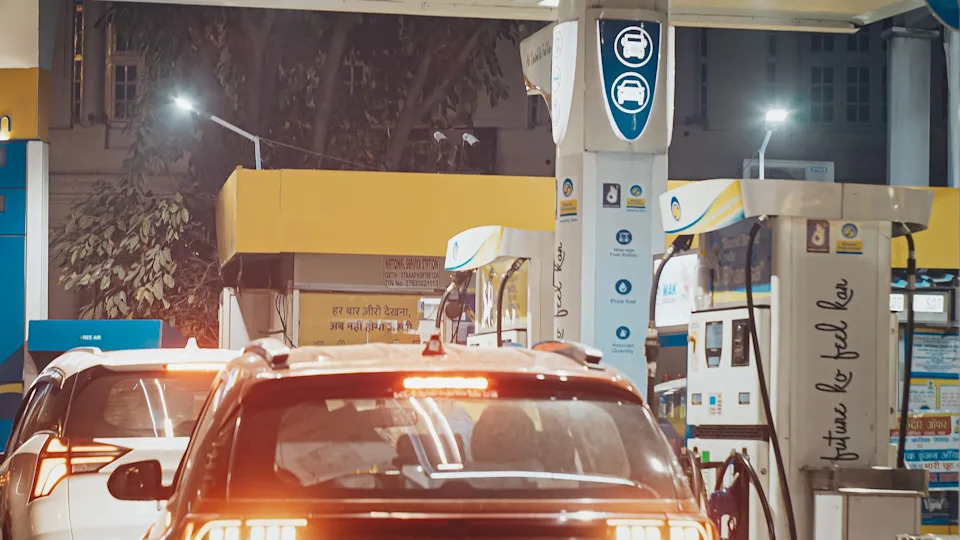The Indian state of Odisha has announced it will begin strictly enforcing a ban on the sale of gasoline or diesel fuel in plastic bottles and other unauthorized containers, Sambad English reported.
As the outlet explained, the local government cited “serious public safety, fire hazard, and environmental concerns.”
While “loose” fuel sales still will be permitted for authorized uses such as powering agricultural equipment, those needing to purchase and transport gasoline or diesel fuel in a container will have to do so in approved glass, tin, or aluminum containers, according to Reporters Today.
The ban will require fuel stations to display a sign reading, “Petrol/Diesel shall not be sold in plastic bottles or unauthorized containers. Violators will be prosecuted.”
The ban will be enforced with a zero-tolerance policy against both licensed gas stations and those who make money by selling gasoline and diesel on roadsides or in unauthorized shops, per Reporters Today.
Storing gasoline in plastic containers not specifically designed for the purpose is a safety and environmental hazard for several reasons.
First, gasoline is highly corrosive.
“When stored in standard plastic containers, such as milk jugs or plastic drums, gasoline and other fuels can react with the chemical composition of the plastic and break down its chemical bonds,” according to The Cary Company, a seller of packaging and containers.
“These chemical bonds hold the plastic’s polymers in place to give the plastic its structure and strength,” The Cary Company continued. “The breakdown can also affect the fuel’s chemical composition and cause the fuel itself to become unstable.”
As the storage container breaks down, it can lead to gasoline leaks and fires. But those are not the only risks from improperly stored gasoline or diesel fuel. The vapors from the fuels also are extremely flammable and must be handled with care.
|
Do you think the government should ban gas-powered lawn tools? Click your choice to see results and speak your mind. |
“Any container designed to hold gasoline must be properly vented to prevent these vapors from building up,” wrote The Cary Company. “The vapor itself is flammable and the pressure can build up leading to a potentially dangerous situation.”
In addition to the inherent risks of storing gasoline or diesel fuel in unapproved containers, government officials were spurred to action by recent acts and threats of self-immolation.
Between July 12 and early August, at least four incidents of self-immolation — setting oneself on fire — had taken place in the state of Odisha, and roughly a dozen other individuals had threatened similar actions, The Times of India reported.
Officials hoped to rein in this tragic behavior in part by restricting access to the flammable liquids often used during the act.
Those found to be in violation of the ban will face fines as well as the potential loss of their license to legally sell gasoline and diesel fuel, according to Sambad English.
While the ban has clear public health, public safety, and environmental benefits, it is likely to negatively impact small-scale, unlicensed sellers who have relied on informal fuel sales to supplement their livelihoods.
Similarly, the ban could harm those who rely on informal fuel sales for their access to needed gasoline or diesel fuel.
For your safety and the safety of those around you, if you need to transport gasoline or diesel fuel in a container for any reason, make sure to use a container designed and approved for that specific purpose.
Join our free newsletter for good news and useful tips, and don’t miss this cool list of easy ways to help yourself while helping the planet.
Yahoo News – Latest News & Headlines
Read the full article .


